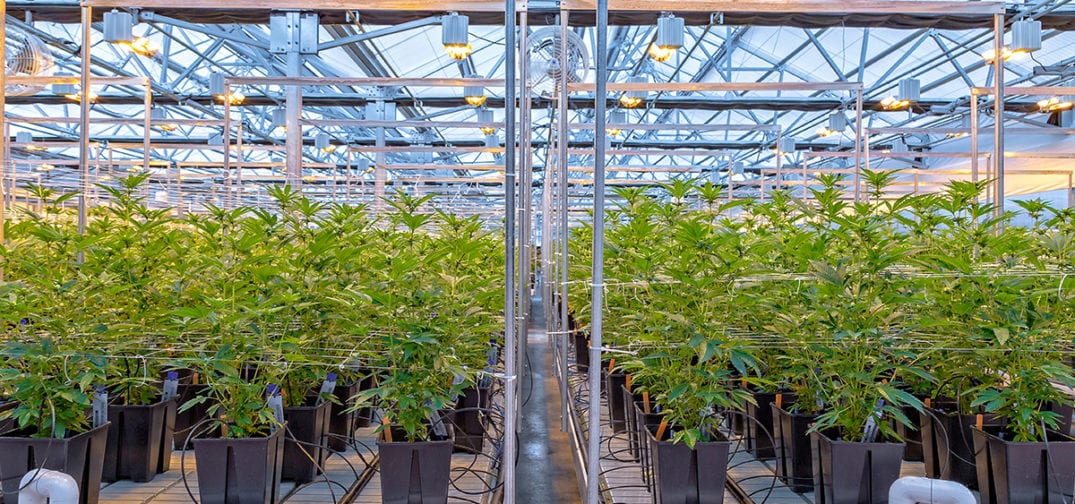The U.S. Circuit Court of Appeals on Thursday rejected the 280E appeal from Oakland, California-based Patients Mutual Assistance Collective Corp – or Harborside Health Center – ruling that federal cannabis prohibition prevents legal cannabusiness from excluding or deducting taxable income as business expenses, Reuters reports.
The company had argued previously that 280E is unconstitutional, running afoul of the 16th Amendment, which allows for income taxes. Attorney James Mann, of Greenspoon Marder, said in June that the tax code – which is used by the federal government to tax proceeds from illicit drug sales – “results in a tax that’s not on income, it’s not an income tax, so therefore it’s unconstitutional.”
All of the courts so far have disagreed with Mann’s assessment.
In 2018, the U.S. Tax Court ruled against Harborside, describing the firm as “a giant drug trafficker, unentitled to the usual deductions that legitimate businesses can claim” because cannabis remains federally illegal.
Earlier this year, the Tax Court ruled that medical cannabis operator San Jose Wellness, a subsidiary of Harborside, is liable for $4.2 million in taxes because federal law prohibits cannabis companies from claiming depreciation and charitable contribution deductions. Judge Emin Toro cited the Patients Mutual Assistance case in his decision. Additionally, Toro said that just because San Jose Wellness sold other, non-cannabis goods, such as t-shirts, and services, such as acupuncture, it does not qualify for any tax breaks.
In Thursday’s unanimous decision, Circuit Judge Daniel Bress also determined that Patients Mutual Assistance had failed to preserve for appeal its constitutional challenge to the tax law and its claim that it was entitled to exclude business costs under a U.S. Treasury regulation.
Get daily cannabis business news updates. Subscribe
End
